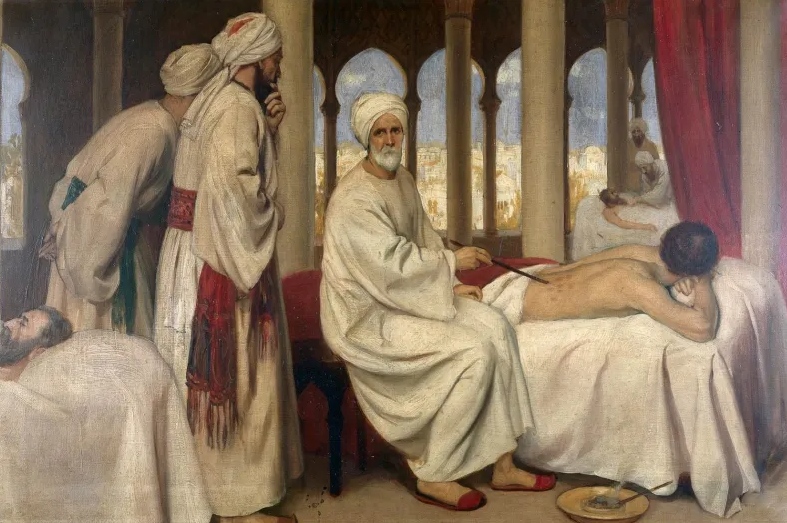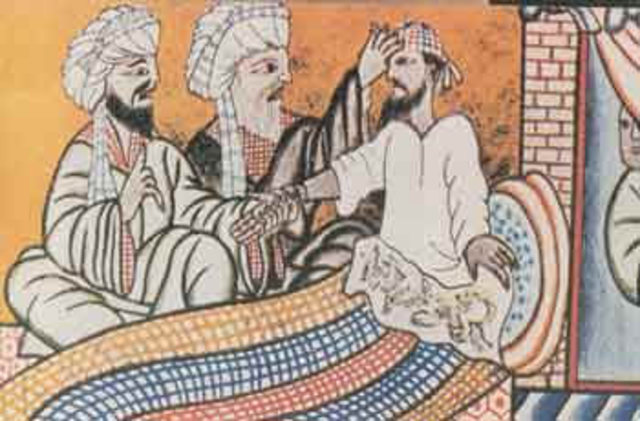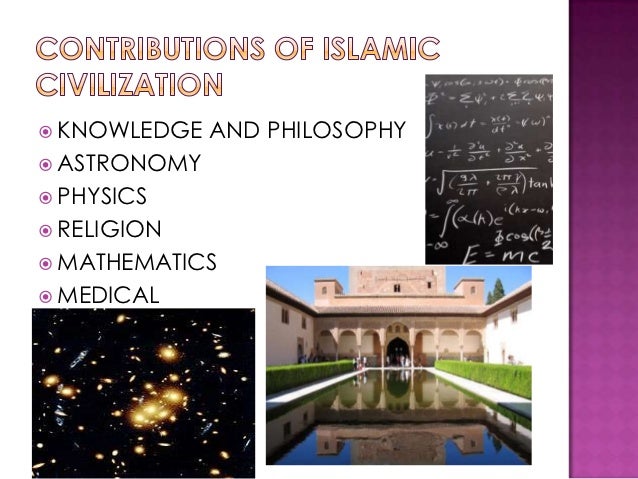Islamic Contributions Printables Science The greatest scientific advances from the Muslim world From the elephant clock to the camera obscura here are six amazing inventions from between the 9th and 15th centuries Jim Al Khalili
Though the early records are not exhaustive Muslim communities have played an active role in scientific fields over the years Today members of the faith continue to follow the legacy of early Muslims who made significant contributions to the Canadian scientific community Use this 8 slide Muslim Contributions PowerPoint presentation to teach students about the Muslim scholars and their contributions in the areas of math ex algebra science ex chemistry medicine ex herbal medicine writing ex calligraphy art ex mosaics of shapes and architecture ex mosques
Islamic Contributions Printables Science
 Islamic Contributions Printables Science
Islamic Contributions Printables Science
https://video.newsserve.net/v/20230408/1680972990-Top-10-Islamic-contributions-to-science-and-technology_hires.jpg
THIS VOLUME has largely concentrated on Muslim contributions to specific fields of knowledge basic and applied physical and biological sciences including medicine legal and political theories and practices economic and financial
Pre-crafted templates provide a time-saving service for creating a varied range of documents and files. These pre-designed formats and designs can be utilized for numerous individual and professional jobs, including resumes, invitations, flyers, newsletters, reports, presentations, and more, simplifying the content creation procedure.
Islamic Contributions Printables Science

History Of Islamic Medicine

History Of Islamic Contributions To Science About Islam

The Golden Age Of Islam

MUSLIM SCIENTISTS AND ISLAMIC CIVILIZATION Scientific Contributions

Medical Investigations 1 Timeline Timetoast Timelines

Advancements Made By The Islamic Culture Synonym

https://stao.ca/islamic-contribution-to-math-and-science-video-series
Islamic Contribution to Math and Science Video series worksheets There is a lack of acknowledgment of contributions made by historic Islamic scholars in many fields including science and math despite four centuries

https://www.nsta.org/resources/golden-age-islam-and-science-teaching
The purpose of this article is to highlight the many Arabic Islamic scientific contributions to modern science and the need to study the achievements of other cultures in general The National Science Education Standards recognize that students could greatly benefit from learning the relationship of science to mathematics and to technology

https://www.nationalgeographic.com/pdf/1001-muslim-inventi…
1001 Inventions Awesome Facts from Muslim Civilization offers a variety of ways to excite students about science history and social studies you may want to present the entire book to your whole

https://csames.illinois.edu/system/files/2020-12/Science-Lesson…
1 Define what is and is not science They will consider the purpose of science 2 Learn about the Arabic contribution to science 3 Research the modern scientific method as created by Arab scientists 4 Learn about the House of Wisdom and become actors by playing the parts of important Arab scientists 5

https://www.teacherspayteachers.com/Browse/Search:islamic contribu…
This detailed presentation explores the Muslim contributions to the world with the emphases on how Islam enjoyed their golden age in their achievements in science and technology geography and navigation mathematics medicine bookmaking and literature and art and design
Islamic scholars contributed to early developments in astronomy medicine and mathematics Their work was crucial to Renaissance scientists who built on some of the existing scholarship Muslim contribution 105 results Sort Relevance View Muslim Contributions to Later Civilizations Article Power Point Assess by The Medieval World and Early Modern Times 4 8 30 2 50
Islam was the driving force behind the Muslim achievements and Muslim scientists helped in laying the foundations for experimental sciences with their contributions to the scientific method and their empirical experimental and quantitative approach to scientific inquiry